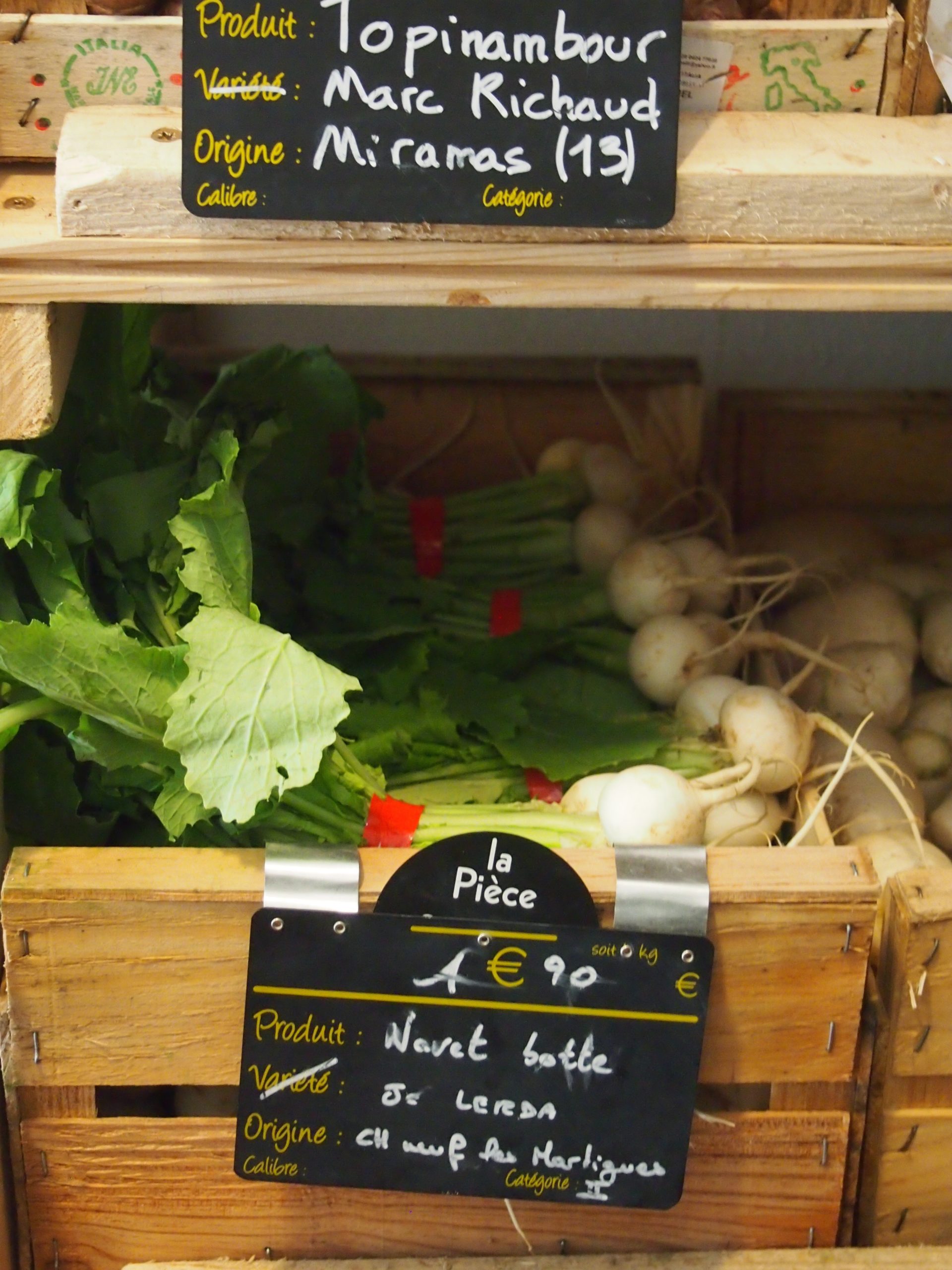Alternative food networks may support the organic sector
The environmental, social and economic sustainability of the mainstream food system is causing concern. Various alternative food networks (AFNs), such as food buying groups, Community Supported Agriculture, farmers’ markets and specialist food retail are seen as one response to this. However, AFNs’ sustainability and impact on the wider system have also been questioned. There have also been criticisms suggesting that AFNs are not purely alternative; that they exhibit some features of the conventional food system.
Sini Forssell’s recent doctoral dissertation from the Department of Economics and Management at the University of Helsinki examines the role of alternative food networks in transitioning to a more sustainable food system in light of these criticisms. The study is based on scholarly literature and qualitative case study data (e.g., web pages, social media content and interviews) from independent retailers of local and/or organic food in Finland and the UK.
Alternative food networks are diverse and in constant dialogue with the conventional food system
The literature review suggests that AFNs may potentially contribute to sustainability, but, given their heterogeneity, their sustainability should be critically assessed on a case-by-case basis. Attributes such as local or small do not necessarily equate to ecological or social sustainability. It is also to be noted that a short supply chain or even face-to-face meeting of producers and consumers does not guarantee sufficient information about products and production methods.
Alternative food networks are most often not purely alternative. They may, for example, utilise similar sourcing or distribution channels, or sell similar products as in the conventional food system. This has sometimes given rise to doubts about the ideological purity of alternative food network actors. It should be remembered, however, that AFNs operate in a context dominated by conventional food networks. Prevailing norms and consumer expectations about for example cheapness and year-round availability of all foods affect AFNs and how alternatively or sustainably it is possible for them to operate.
The study examines how alternative food retailers navigate between their own expressed values and goals and the expectations they encounter in the field. The retailers studied were engaged in a continuous negotiation of acceptable practices in the consumption, production and distribution of food. Higher prices and limited selection of foods appeared as particularly critical aspects that the retailers had to justify.
On the other hand, the public justification of practices and the questioning of prevailing food habits, norms and beliefs can be seen as active norm-shaping work. In their communications, the retailers prominently raised ideals of transparency in the food chain, appreciating food and its growers, enjoying ‘real food’, and intelligent consumption. Some retailers specifically promoted organic food, for example by appealing to scientific studies or through appealing verbal and visual images of healthiness and ecological harmony. The norms and ideals fostered in AFNs may spread and influence the rest of the food system as other food system actors react to them. An example of this is the introduction of organic foods to the product selection of conventional supermarkets.
Trust and clear criteria advantages for organic food
Organic production has a central role in alternative food networks. However, aspects such as localness, small scale production and short supply chains are also emphasised in AFNs. Sometimes these aspects take precedence over organic in AFNs, for example if locally produced organic foods are not available. On the other hand, organic certification may be used as a guarantee of transparency when sourcing food from abroad.
The diversity of criteria for foods in AFNs may be confusing for consumers. The analysis also identifies the threat of misled sustainability-related beliefs in alternative and conventional food networks alike. The clear criteria for and regulation of organic production is an advantage here, and the organic sector would do well to emphasise this.
All in all, the relationship between alternative food networks and organic agriculture is sometimes complex, but the pro-sustainability norms promoted in AFNs may well create fertile ground also for the organic sector as a whole.
Text: Sini Forssell
Source: Sini Forssell, Perspectives on the sustainability promise of alternative food networks
https://helda.helsinki.fi/handle/10138/215614
